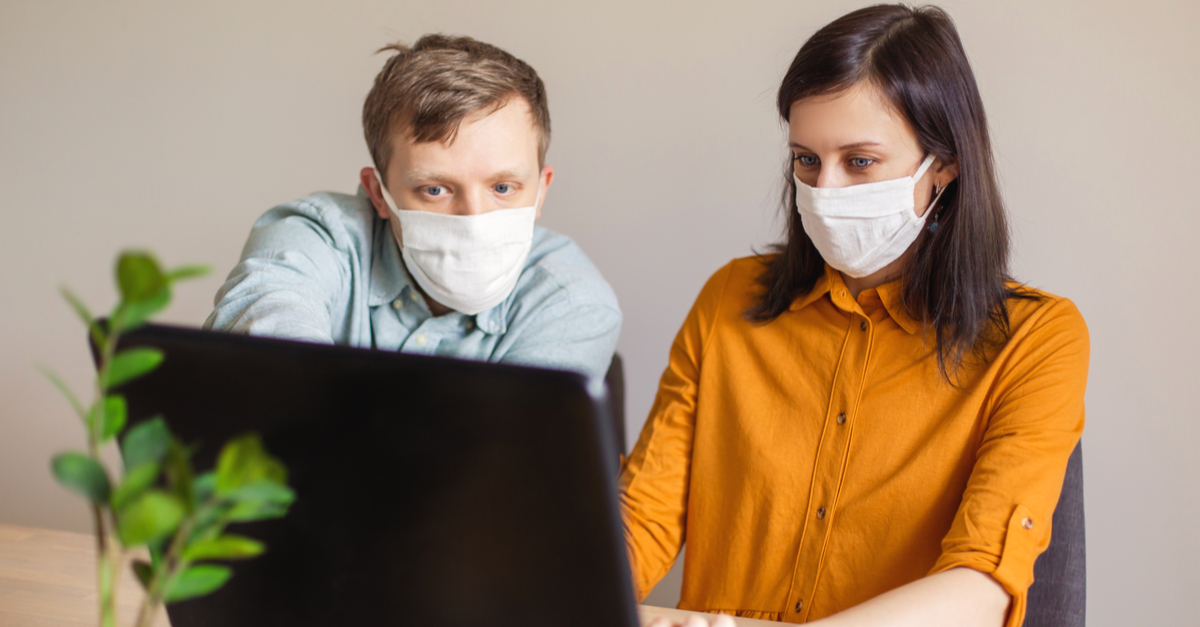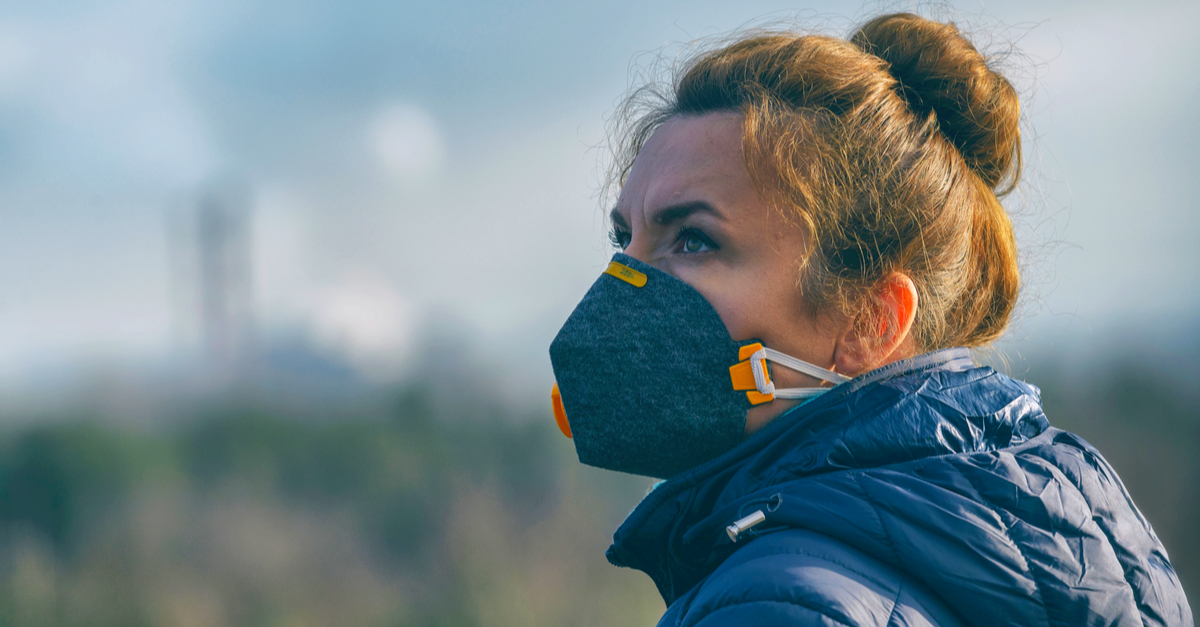
Are you aware of the risks caused by COVID-19 on your workplace? Does your company have a waterproof plan to manage them?
Our shared challenge is to make sure business works as usual, even in uncertain times. A safe workplace is not a matter of course. Many of us work in at least somewhat vulnerable working conditions. Most remote workers who are now returning to work can be exposed to the coronavirus (COVID-19) either on their way to, or at work. The global pandemic naturally raises a lot of questions in the work community that require clear answers and safe solutions from the leaders. By identifying and systematically managing the risks posed by a pandemic, you can build trust in the work community and ensure that your business works even in times of uncertainty.
How do I secure business continuity?
In order to ensure the profitability of your business it is important to identify what your business cannot afford to lose. Identifying and conserving critical resources and operations is necessary for a company to be able to avoid fatal losses during a crisis. Critical resources can be divided into six groups; employees, facilities, key functions, warehouses or special equipment, IT resources and key third parties such as investors, subcontractors, and suppliers. Identifying and protecting these critical resources will help you reduce your risks.
Developing a crisis strategy and strengthening operational reliability are an integral part of business continuity in uncertain conditions. The Ecobio Manager SaaS-service provides an easy-to-use and hands-on way to maintain reliability with the help of risk management and compliance tools. The tool can be customized to suit the needs and size of your business.
Identifying risks can help you understand how vulnerable your business is to the dangers of an epidemic. In particular small businesses have limited resources, which makes using them effectively essential.
Secure the safety of your workplace during COVID-19 with the help of the Ecobio Manager Risk Management tool
At Ecobio, we want to help companies worldwide to maintain profitable, responsible, and safe businesses where the employee’s health is taking care of. We, therefore, offer companies a free trial of the Ecobio Manager COVID-19 Risk Management tool for three months.
The Ecobio Manager SaaS-service offers a solution that utilizes industrial procedures to manage risks caused by the coronavirus at the workplace, but also other risks such as environmental-, occupational health and safety-, fire- and rescue risks. The service includes a tool for identifying bacterial and viral hazards and risk assessment, as well as a management plan. In addition, you can keep up-to-date with changes in COVID-19 legislation and regulatory guidelines. You can conveniently save your organization’s instructions or other essential guidelines to the service. You can also assess the compliance of your operations with laws, regulatory guidelines, and compliance with your own guidelines in the EU and US. The service helps your business stay up to date in a changing situation.
The COVID-19 Risk Management service package includes the following services:
- Hazard identification, risk assessment and management of COVID-19 hazards as a cloud service
- COVID-19 risk management training
If you want a comprehensive service for COVID-19 obligations management, you can extend risk management to include the following services:
- Up-to-date regulation of COVID-19
- Up-to-date authority guidance of COVID-19
- Save and manage your own instructions
- Compliance assessment tool
Send your company information & subscribe to the service: sales@ecobiomanager.com
Read more about Ecobio Manager: www.ecobiomanager.com

